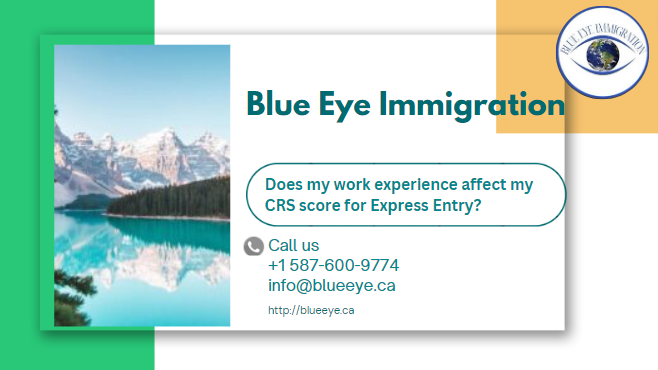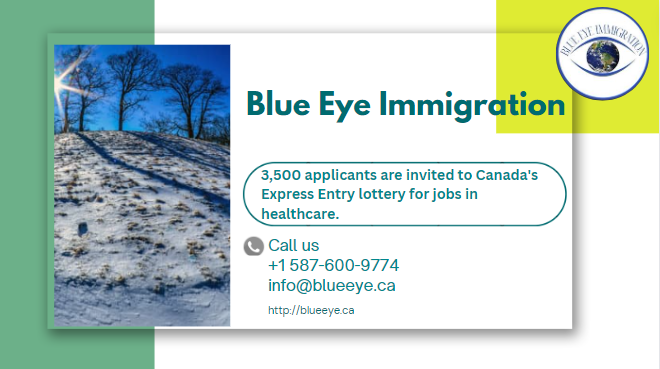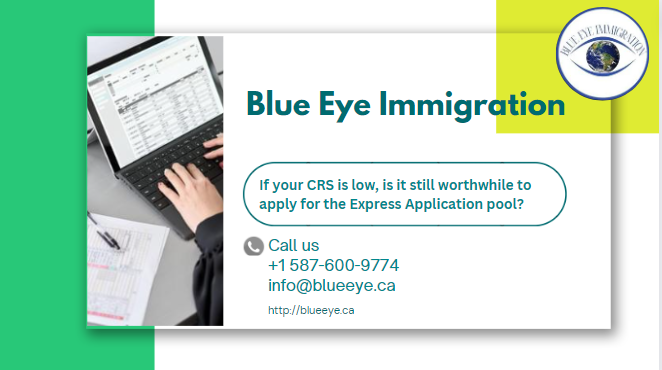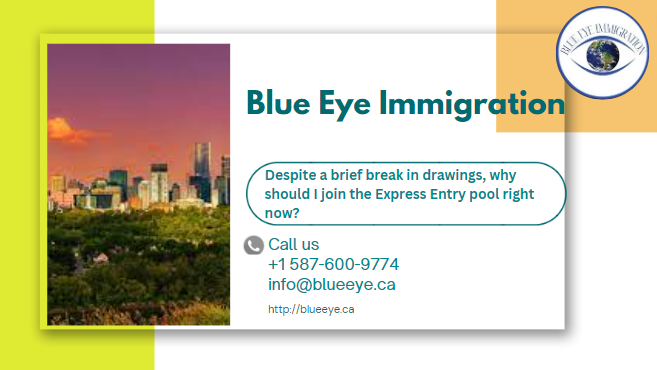Knowing what affects and does not affect your Comprehensive Ranking System (CRS) score is crucial if you’re applying for Canadian immigration through one of the three programs included in the Express Entry system.
A candidate’s CRS score will not be impacted by the National Occupation Classification 2021 (NOC 2021) code that corresponds to their work history unless they have prearranged job ready for them when they arrive in Canada.
NOC codes, however, continue to be a significant component of Express Entry in general, particularly in relation to category-based Express Entry draws and Provincial Nominee Programs (PNPs).
Continue reading to find out more about how Express Entry works and how your NOC code can improve your chances of getting approved for immigration to Canada.
information about the CRS scores
Prior to issuing a round of invitations (also known as conducting an Express Entry draw), the federal government of Canada uses CRS scores to compare candidates who apply to any of the three Express Entry-managed programs in the nation: the Canadian Experience Class (CEC), the Federal Skilled Worker Program (FSWP), and the Federal Skilled Trades Program (FSTP).
Note that CRS scores are a deciding element in the context of regular Express Entry drawings, which rank applicants based on these scores and grant Invitations to Apply (ITAs) for permanent residence (PR) in Canada to those having a CRS score higher than the cut-off score for that particular draw. For category-based Express Entry drawings (more on them later), this is not the case.
How do NOC codes work?
The federal government of Canada uses the NOC system to categorize, highlight, and classify employment according on their “principal responsibilities, educational requirements, or other useful information.”
This system assigns a distinct number to each occupation for classification reasons; this number is known as the occupation’s NOC code. Five digits are used to denote each NOC code.
Standard Express Entry Draws and NOC Codes
A candidate’s NOC may increase their eligibility for additional CRS points in relation to regular Express Entry drawings, increasing their likelihood of getting an ITA for Canadian PR.
The Government of Canada specifies that Express Entry applicants can obtain either 50 or 200 additional CRS points for “Arranged Employment” in the CRS’ Additional Points section (Category D).
Candidates for Express Entry who have arranged work (a job offer already in place before arriving in Canada) in a profession that belongs to Major Group 00* of the NOC 2021 will be awarded 200 extra points toward their CRS score. Candidates will gain 50 more CRS points if they have a qualified job offer in any other occupation that falls within NOC TEER 0 (other than Major Group 00), 1, 2, or 3.
In any case, the additional CRS points that are reachable based on a candidate’s NOC might significantly impact their chances of being selected for immigration to Canada through regular Express Entry drawings.
*The NOC has a major occupational category called 00 that is just for jobs that are considered to be in “Senior Management” positions. top managers in a range of industries, including but not limited to banking, communications, health, broadcasting, construction, and transportation are among them, as are lawmakers and top government administrators and officials.
Draws for Express Entry based on categories and NOC Codes
The government can give priority to immigrants with recent job experience in certain in-demand industries (as well as those who are fluent in French) through category-based draws. Recruiting people with experience in these particular professions can aid Canada in filling some of its most serious labor market needs.
Canada has decided to concentrate on five professional areas for 2023: healthcare; science, technology, engineering, and mathematics (STEM); transportation; trades; and agriculture/agri-food.
Since each qualified employment falls into one of the five in-demand categories, NOC codes are taken into account in category-based drawings. As a result, in addition to their regular Express Entry eligibility, immigration candidates with recent work experience in a profession falling under a certain NOC code may also be eligible for immigration to Canada through category-based draws.
The following list offers a selection of professions that fall within each of the Express Entry categories selected for 2023, along with their NOC codes:
- Healthcare: Massage therapists (NOC: 32201); dentists (NOC: 31110)
- STEM: Engineering Managers (NOC: 20010) and Architects (NOC: 21200).
- Transport: Drivers of Transport Trucks (NOC: 73300)
- Trades: Installers and Servicers for Residential and Commercial Property (NOC: 73200)
- Farming and Agri-Food: Retail and Wholesale Butchers (NOC: 63201)
Provincial Nominee Program and NOC Codes
As it pertains to their job experience, an immigrant candidate’s NOC is significant since different provinces have distinct labor market deficits that they must fill through their regional PNP. In other words, a province or territory seeking qualified individuals with their particular job history and skill set may find a candidate more appealing if their work experience falls under a certain NOC.
Background on the PNPs in Canada
PNPs are provincial/territorial immigration programs run by all Canadian provinces and territories, with the exception of Quebec and Nunavut, and intended to assist localities in Canada in bringing in foreign nationals they believe will be most helpful in addressing regional labor market and economic challenges.
Observe: Of all economic-class immigration programs run in Canada, PNPs constitute the greatest immigration stream.
To put it another way, PNPs provide local governments in each participating province or territory the ability to choose certain immigration applicants and offer them PR in their area. Once more, the goal of this strategy is to identify the immigrants who are most suited to fill the most pressing labor market openings in a particular location of the country and to entice them to stay there by providing them permanent residency.
Each province and territory offers a number of distinct streams under each PNP, all 11 of which are listed here by province, that serve foreign people with a range of professional backgrounds.
For instance, there are streams for professionals in a variety of vocations in the following three provinces, which are the top destinations for new Canadian permanent residents in 2022, excluding Quebec:
- Ontario Employer Job Offer: In-Demand Skills Stream: Nurse Aides, Transport Truck Drivers, Construction Trades Helpers/Labourers
- Nursing, medical, and psychiatric professionals are needed in British Columbia (Skills Immigration: Healthcare Professional Category).
- Farm Workers in Alberta (Alberta Farm Stream)



